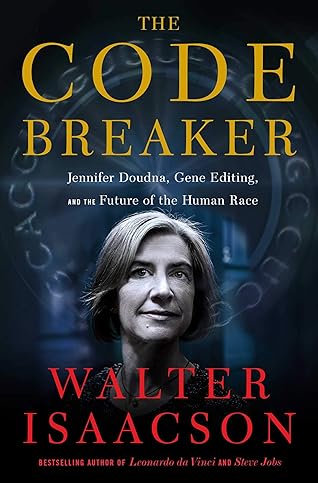When the talk turns from science to the ethical issues hovering over CRISPR, most of the diners agree that, when it’s safe and practical, genetic editing—even making inheritable edits in the human germline—ought to be used if necessary to fix bad single-gene mutations, such as Huntington’s disease and sickle-cell anemia. But they recoil at the idea of using gene editing for human enhancements, such as trying to give our kids more muscle mass or height or perhaps someday higher IQ and cognitive skills.
Welcome back. Just a moment while we sign you in to your Goodreads account.


